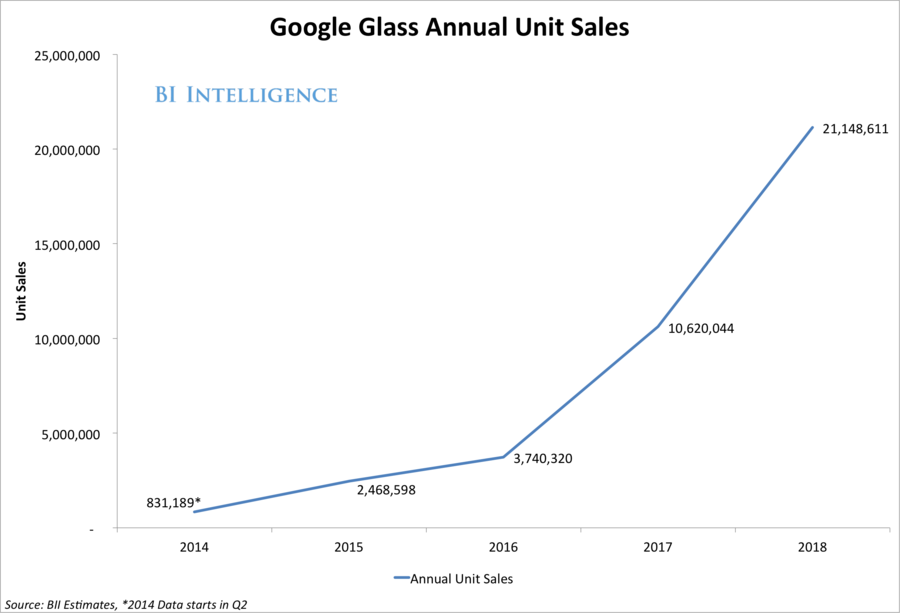Google Aims a $50 Million Moonshot at Curing Heart Disease
Adam Rifkin stashed this in Heart
Stashed in: Google!, Awesome, Medicine, FLOSS!!!, Hacker News!, Google, Big Data, Health Studies, Alphabet!, Google Life Sciences
Cardiovascular disease kills people on Earth than anything else -- over 17 million a year, and the number keeps going up.Of those deaths, more than 40 percent is due to coronary heart disease. Medicine has drugs that can treat it and practices that can help prevent it, but nobody really knows what causes it or how to cure it.
Now, Google and the American Heart Association aim to change that by dropping a $50 million funding bomb on the problem. And as you might expect from a Silicon Valley giant that believes in moving fast and breaking things—an approach that hasn’t always transferred well to basic scientific research—the company isn’t spreading the money around.
In an announcement this month at the American Heart Association meeting in Orlando, Florida, Google Life Sciences and the AHA said the money would go to one team over five years. This isn’t covering the bases. This is, to mix a lot of metaphors, a Manhattan Project. Or as Google likes to call such things: a moonshot.
“Traditional research funding models are often incremental and piecemeal, making it difficult to study a long-term, multifaceted subject,” Andrew Conrad, CEO of the life sciences team at Google, said in a statement. “AHA and Google Life Sciences have committed to a bold new approach.”
When moonshots work, they’re great. You get to the moon. But science is an incremental, layered process. Giant pools of money don’t always break research barriers. On the other hand…wow. That’s a giant pool of money.
The AHA, already the largest funder of cardiovascular research in the US outside of the federal government, says the program will be its most heavily funded initiative in nearly a century. Applications begin in January and if all goes according to plan, they’ll be due by February 14th. (Valentine’s Day. Get it?) If you want the $50 million, your idea has to fit on a single page. And Google won’t take a financial or intellectual property stake in the results.
Conrad has said he hopes that the program will accelerate the field of heart research much like Google’s self-driving car eventually compelled the entire automobile industry to follow its lead. Going back in time even farther, the partnership isn’t that novel, says David Kaiser, a physicist and science historian at MIT. He points to corporate funding of science from Bell Labs, Westinghouse, and General Electric. “They typically had their own flourishing in-house research laboratories and supported research on academic campuses,” Kaiser says. “Not just research to improve their particular products, but basic scientific research.”
These days, researchers traditionally rely on federal grants to get their studies funded—and frustration at the process is well-documented. Many of these awards are in the $250,000-a-year range and require time-consuming grant writing to maintain. Arecent article in The New York Timesdetailed how studies in the area of heart disease in particular often don’t get published because so much research yields results that are too narrow.
Even the National Institutes of Health, the federal agency that typically funds life sciences research, has vacillated on what the best funding model is, says Gregory Graf, a researcher at the Saha Cardiovascular Research Center at the University of Kentucky. The NIH funds heart disease research to the tune of $1.2 billion a year, $432 million for coronary heart disease alone, and awarding generous amounts of money in the form of multi-million dollar program project grants, or so-called “P awards” once wasn’t always so surprising.
Top HackerNews comment:
Or, 0.8% of the NIH's annual funding for curing heart disease.
That's nice, but the tech press is doing is pretty poor job conveying the overall role of public vs private funding in basic science research. Same issue came up around YC Research.
It's true that Google's approach is to hand more money to one team instead of spreading it among many investigators. But the overall tone of the article is there are "swings" in funding and private companies are stepping in with "jackpot" grants to save the day. If you didn't read closely you might even think public funding is drying up and Silicon Valley private investors are the future of core science research.
This fundamentally and completely confuses how core science research happens and in fact how Silicon Valley itself was created and functions today (with respect to core tech research through agencies like DARPA as well as medical science via NIH). Collaboration with the private sector is an important piece of that but this one figure puts it in perspective: The annual NIH budget for heart research alone is $1.2 billion. Bottom line, you can still thank Uncle Sam and taxpayers for most major research.
59 Hacker News comments:
https://news.ycombinator.com/item?id=10576085
Reddit had nothing to say about this:
https://reddit.com/r/Futurology/duplicates/3t5vz8/google_aims_a_50_million_moonshot_at_curing_heart/
More recent Google Life Sciences articles from Wired:
 Head of US’s Mental Health Agency Is Leaving for Alphabet
Head of US’s Mental Health Agency Is Leaving for Alphabet
http://www.nytimes.com/2015/11/29/opinion/sunday/the-heart-disease-conundrum.html
HALF of cardiac patients worldwide are of South Asian descent, and it turns out we know little about why that might be. South Asian immigrants have 4x the heart disease despite lower rates of smoking, hypertension, and cholesterol, and much higher rates of vegetarianism plus strong social ties and good access to health care.
Heart disease is also interesting because it's BIG and multivariate. Genetics, diet, exercise, gender, sleep, stress, even tooth decay are all things that have been proven to affect cardiovascular health. That probably makes it extra interesting for a data-loving company like Google.







 Google Won the Internet. Now It Wants to Cure Diseases
Google Won the Internet. Now It Wants to Cure Diseases Why Google’s Cancer-Detecting Pill Is More Than Just Hype
Why Google’s Cancer-Detecting Pill Is More Than Just Hype




8:27 AM Nov 29 2015